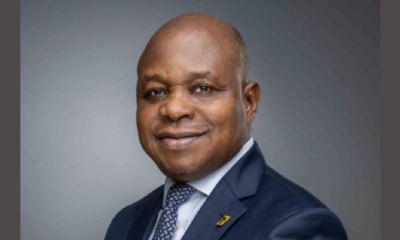Cryptocurrency
Twitter’s Jack Dorsey Speaks on Blockchain, Crypto; Fintech CEO Says Emerging Economies Should Listen

Cryptocurrency
Kabosu, the Dog Behind Dogecoin, Dies at Age 17
Cryptocurrency
Crypto Market Sheds $2.5 Trillion as Bitcoin, Ether Prices Drop
Cryptocurrency
SEC Director General Lauds KuCoin’s Action, Urges Compliance with National Guidelines
-

 Naira4 weeks ago
Naira4 weeks agoDollar to Naira Black Market Today, April 30th, 2024
-

 Naira3 weeks ago
Naira3 weeks agoBlack Market Dollar to Naira Exchange Rate Today 6th May 2024
-



 Naira3 weeks ago
Naira3 weeks agoDollar to Naira Black Market Exchange Rate Today 4th May 2024
-

 Naira3 weeks ago
Naira3 weeks agoBlack Market Dollar to Naira Exchange Rate Today 8th May 2024
-





 Naira3 weeks ago
Naira3 weeks agoBlack Market Dollar to Naira Exchange Rate Today 7th May 2024
-





 Naira2 weeks ago
Naira2 weeks agoBlack Market Dollar to Naira Exchange Rate Today 16th May 2024
-

 Jobs4 weeks ago
Jobs4 weeks agoFederal Government Approves 25-35% Pay Rise for Civil Servants on Eve of May Day
-



 Appointments2 weeks ago
Appointments2 weeks agoEbenezer Olufowose Takes Helm at First Bank of Nigeria Limited as Chairman














